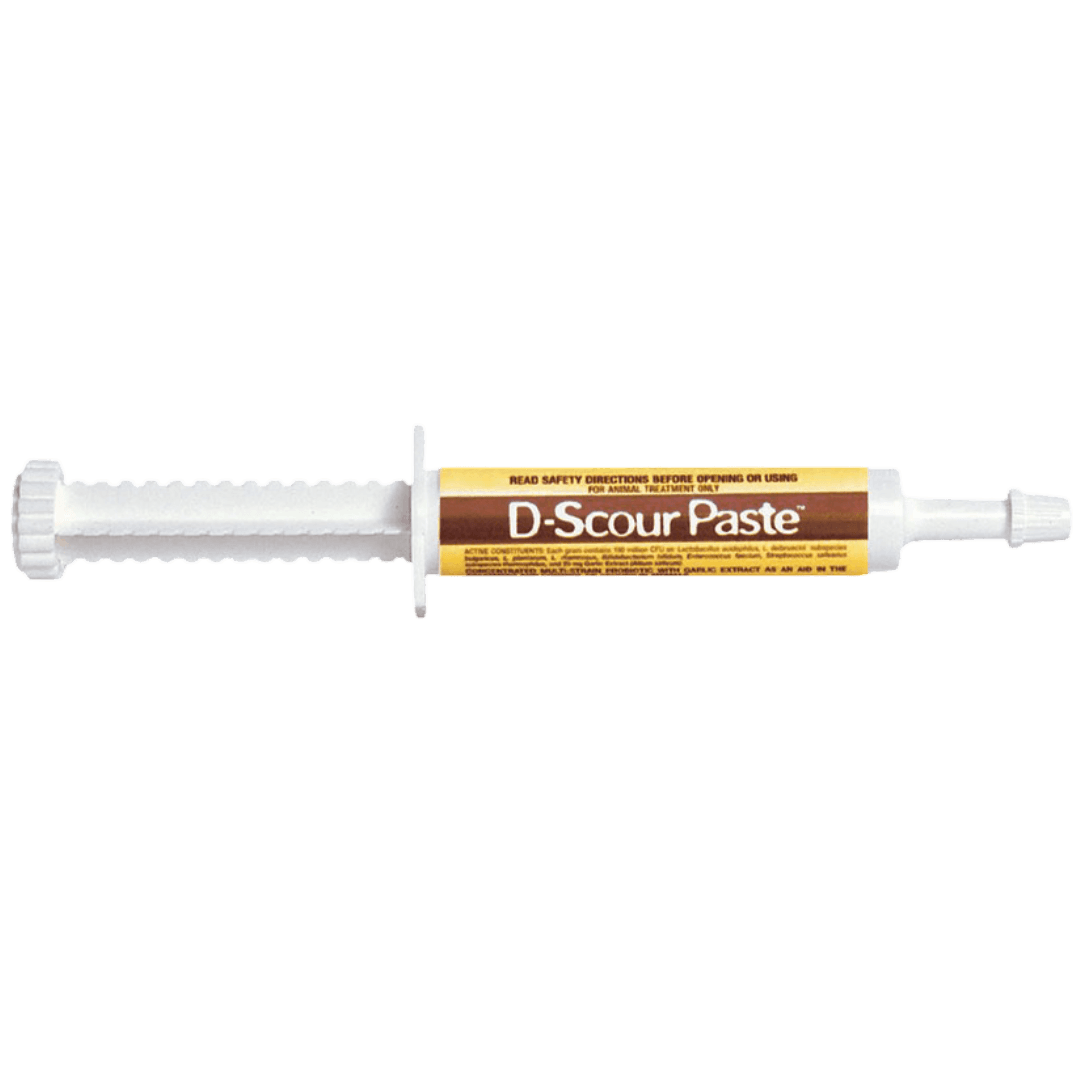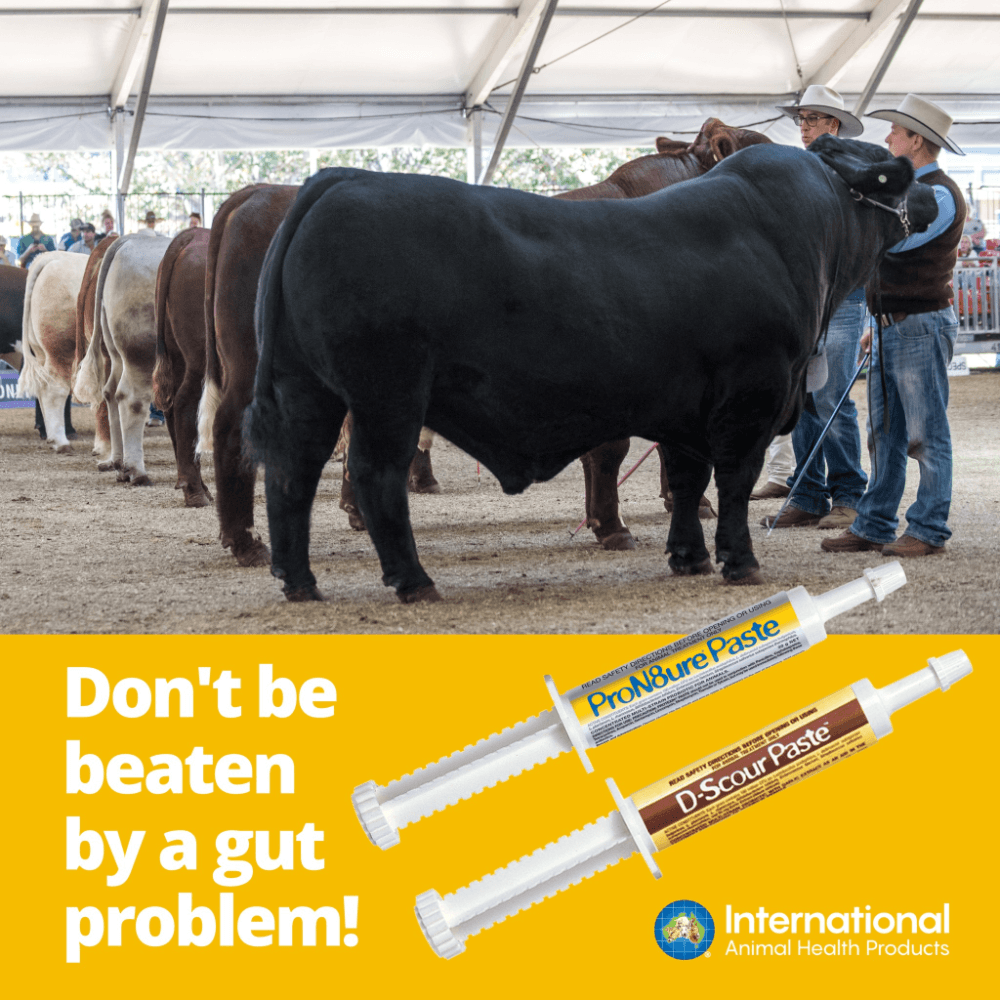



Related Categories
Product Details

115mg/mL DICHLOROPHEN, 45mg/mL OXFENDAZOLE
Here to help demystify pet care
Our vet authored guide to the benefits of feeding your dog fresh food plus tips and advice for introducing it into their regular menu.
Does your pet suffer from anxiety? Check out our Vet-guide for treatment options to help your pet.
Thinking of getting a fish? Check out our guide for setting up a tank and home care tips!
Looking to understand horse feeds better? This comprehensive guide covers feeding recommendations for horses of all ages and disciplines.
See our guide to protecting your pet from parasites from our vet team.
Reviews
Here to help demystify pet care
Our vet authored guide to the benefits of feeding your dog fresh food plus tips and advice for introducing it into their regular menu.
Does your pet suffer from anxiety? Check out our Vet-guide for treatment options to help your pet.
Thinking of getting a fish? Check out our guide for setting up a tank and home care tips!
Looking to understand horse feeds better? This comprehensive guide covers feeding recommendations for horses of all ages and disciplines.
See our guide to protecting your pet from parasites from our vet team.